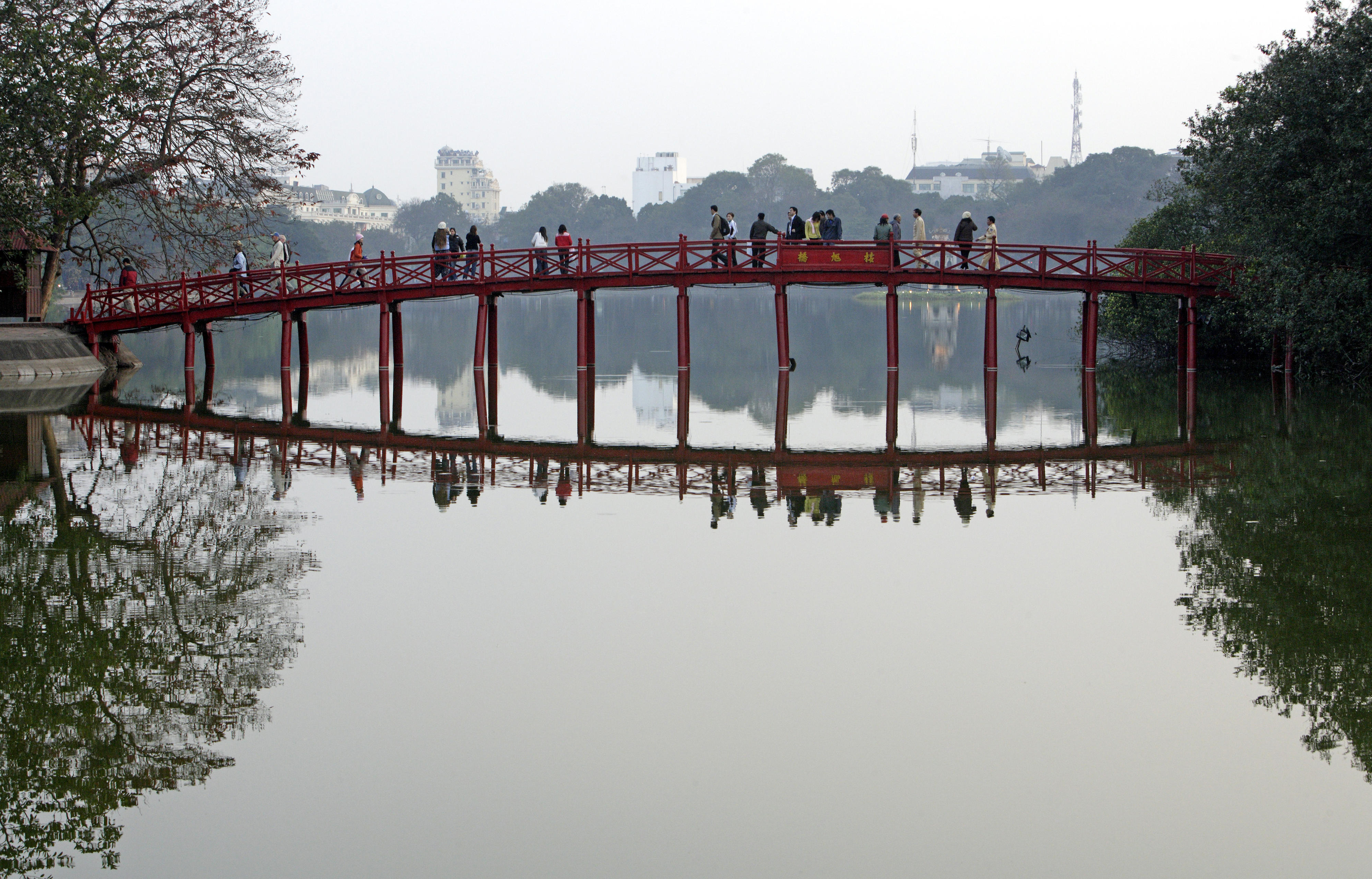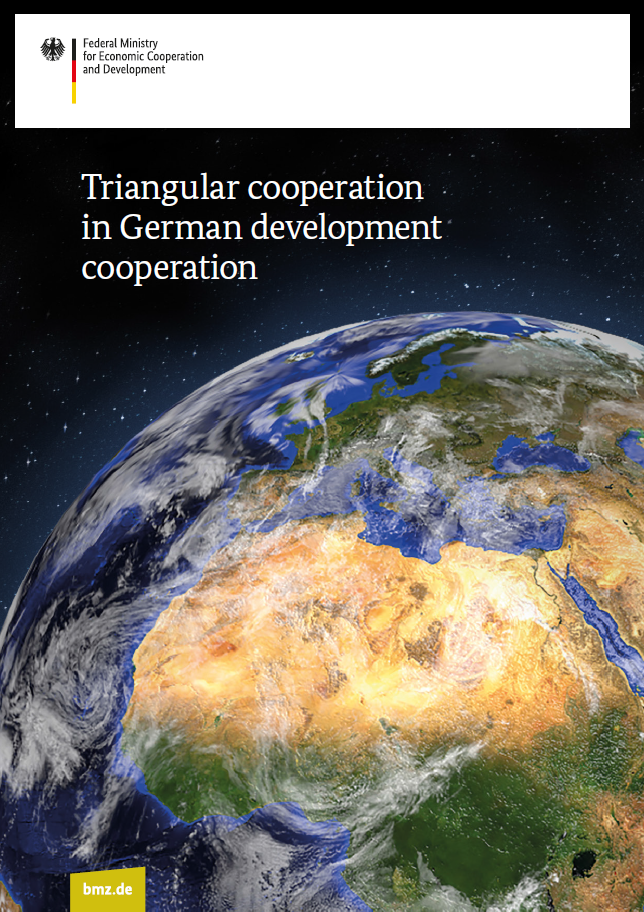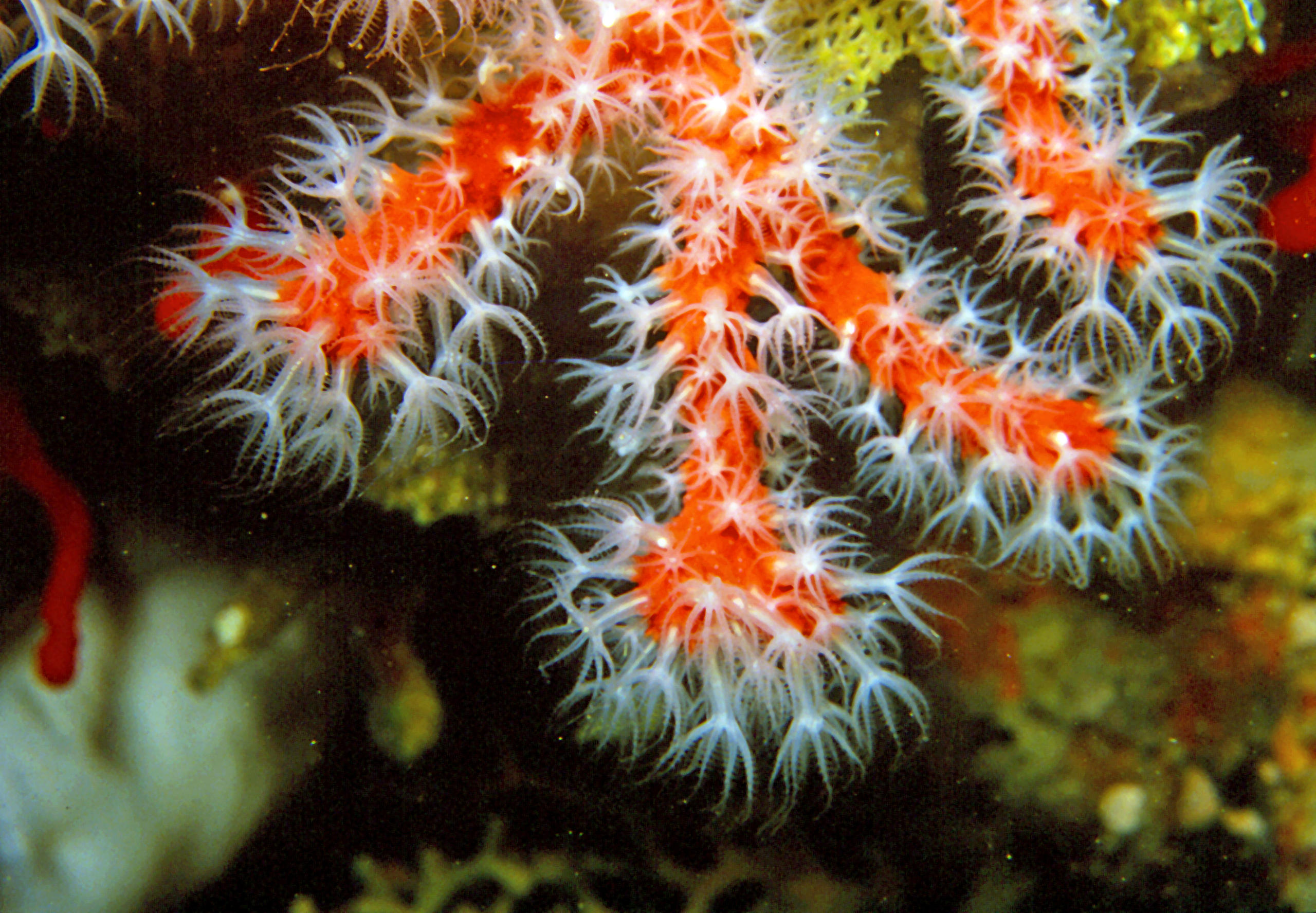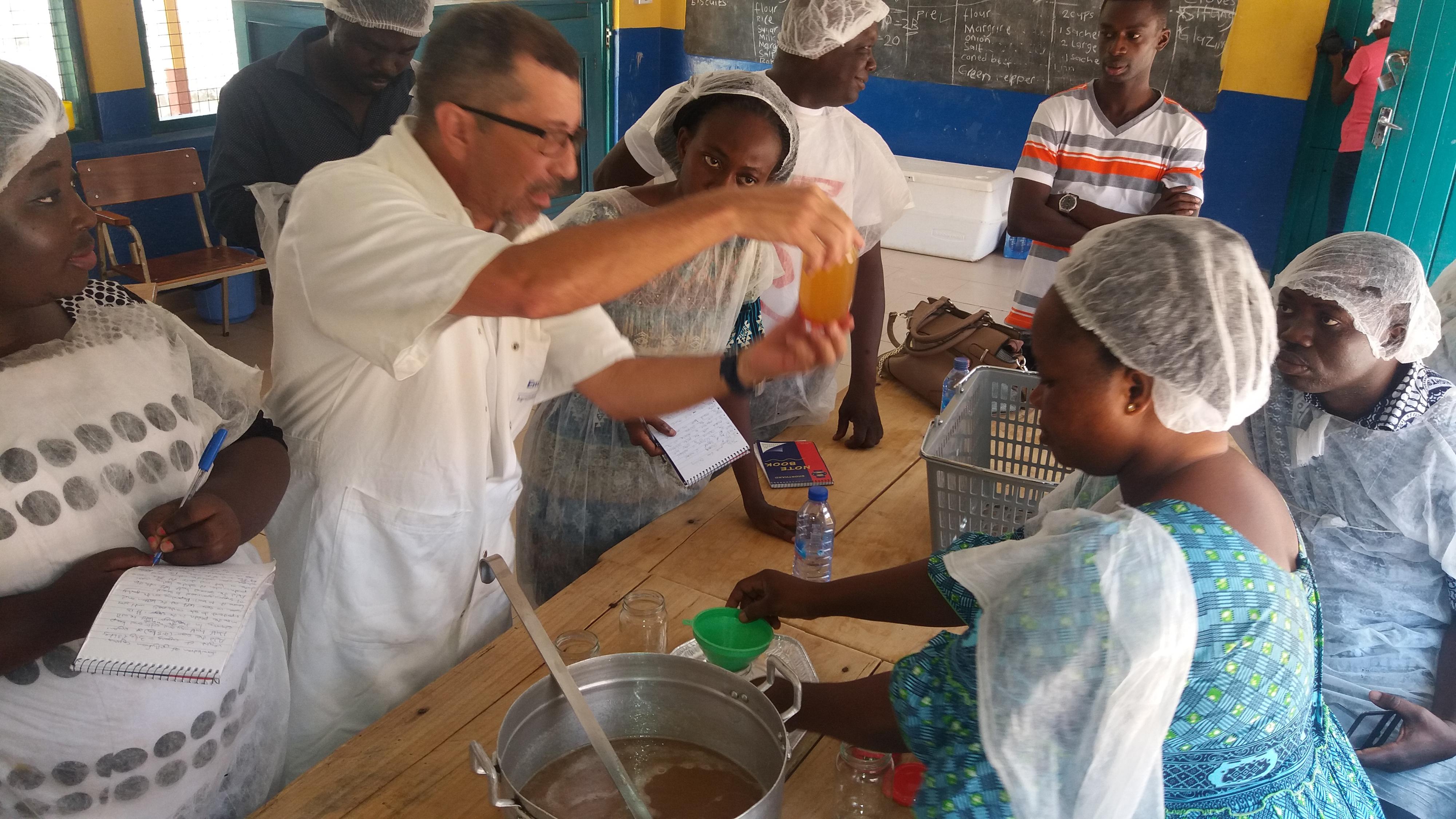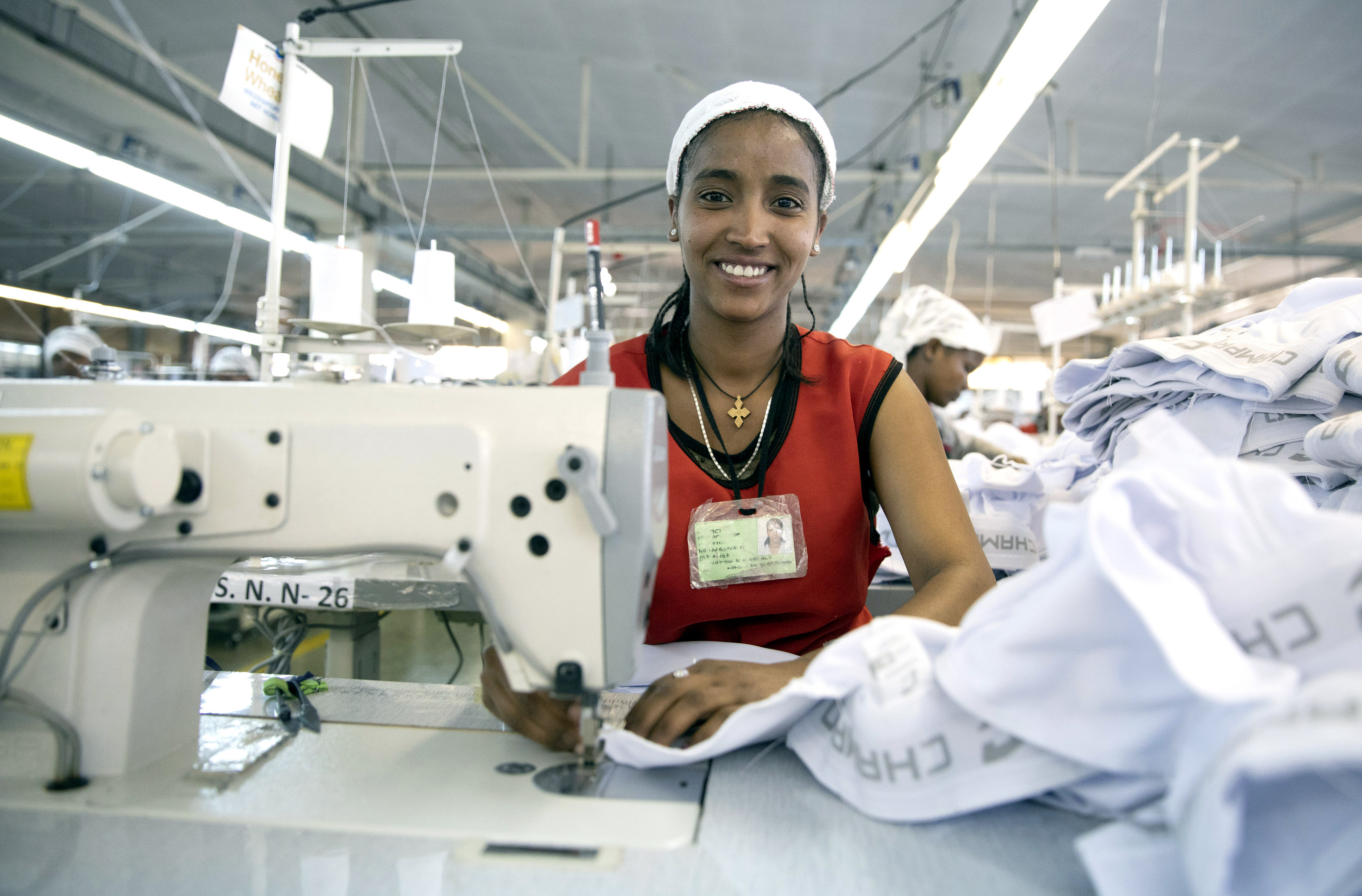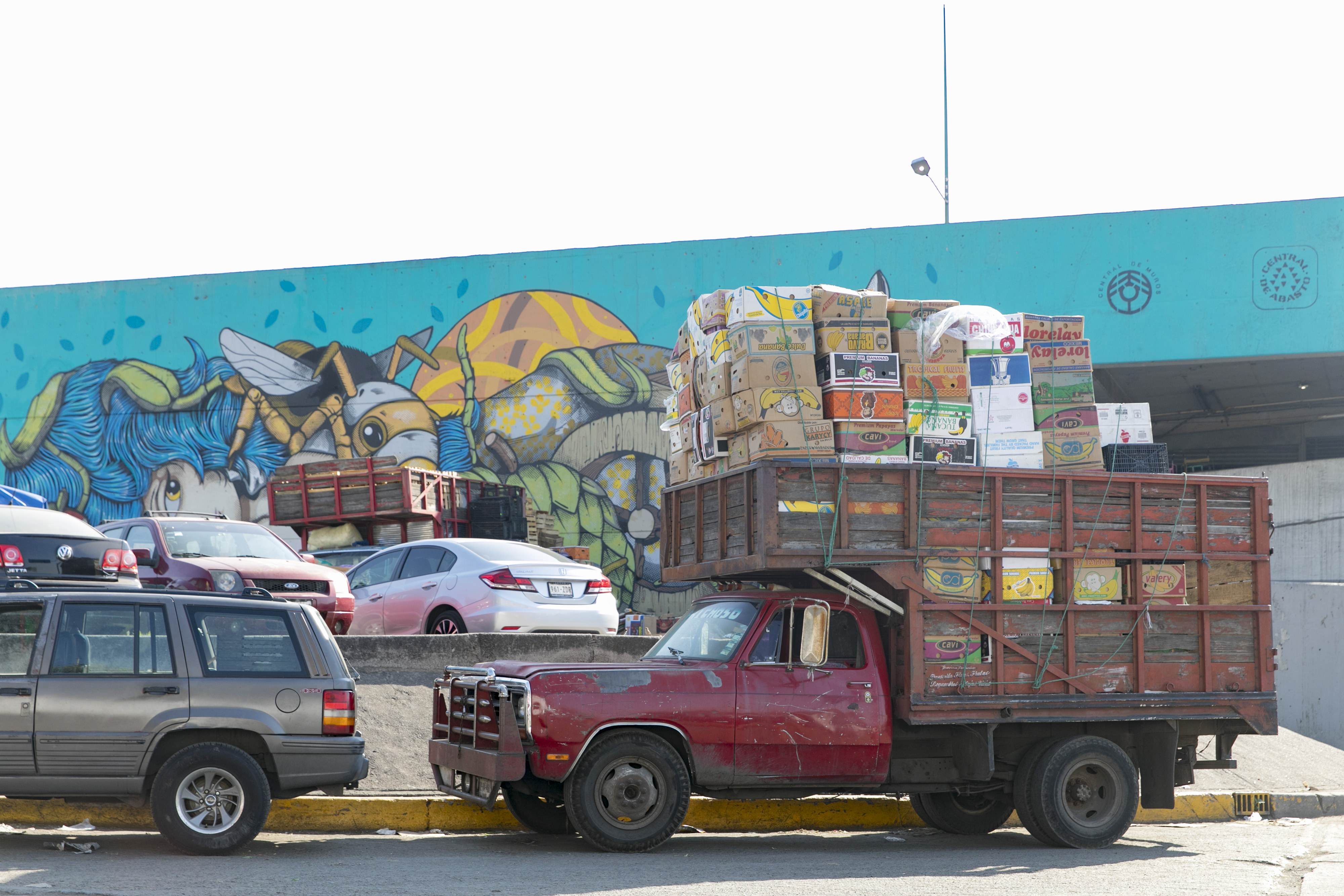Symbolic image: bridge in Hanoi, Vietnam
Copyright© Thomas Imo/photothek.net
Triangular cooperation Innovative partnerships that benefit all sides
Triangular cooperation means a development project that is jointly planned, financed and implemented by three partners:
- a beneficiary developing country, which has requested support to tackle a specific development challenge;
- a pivotal partner, which has relevant domestic experience of addressing the issue and shares its financial resources and knowledge;
- and a facilitating partner, which may help connect the other partners and supports the partnership financially and/or with technical expertise.
The Global Partnership Initiative on Effective Triangular Co-operation (GPI) applies the same definition. Pivotal and facilitating partners may be either industrialised or developing countries or emerging economies.
Win-win-win situation
The roles in triangular cooperation are not set in stone. Each of the partners involved may benefit, share knowledge and facilitate.
The three partners develop their roles and procedures dynamically in the course of their cooperation. In doing so, they generate added value compared to bilateral cooperation (External link): all sides learn, share their experience and knowledge, and take on responsibility. This enables all partners to use their full potential and create synergies – a win-win-win situation.
Triangular cooperation has a proven impact – not only at the project level but also at the partnership level. Jointly implementing a project offers ideal conditions for learning, so that practical questions of implementation can be resolved and the coordination of development cooperation can be improved.
Possible partners
Possible partners for triangular cooperation (apart from the responsible development agencies of the countries involved) include line ministries and specialised organisations, local and regional authorities, organisations from the private sector, civil society, and academia, multilateral and regional organisations, and private charitable organisations such as foundations.
This means that there is a considerable number of possible actors, and the number of countries involved need not be limited to three.
Germany's approach
By participating in triangular cooperation, the BMZ supports the development of global strategic partnerships for sustainable development and helps to improve the effectiveness of development activities in recipient countries.
Germany views its role as that of a learning partner, too, and intends to further strengthen that aspect in the future. Taking part in triangular cooperation is an opportunity for Germany to enhance its political and strategic credibility and legitimacy and to help make development more participatory, sustainable and effective.
At the international level, Germany participates in various multilateral forums on triangular cooperation, in particular at the United Nations (UN), the Organisation for Economic Co-operation and Development (OECD), the Global Partnership Initiative on Effective Triangular Co-operation (GPI) and the Ibero-American Program for Strengthening South-South Cooperation (PIFCSS) run by the Ibero-American General Secretariat (SEGIB).
Practical examples
Germany is one of the largest donors in the field of triangular cooperation. It has now been involved in more than 150 projects, through which it has helped to launch many development processes and achieve tangible results.
